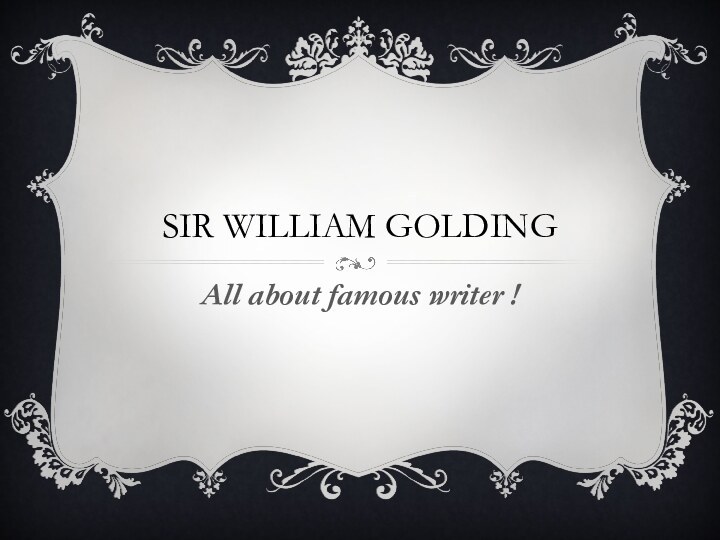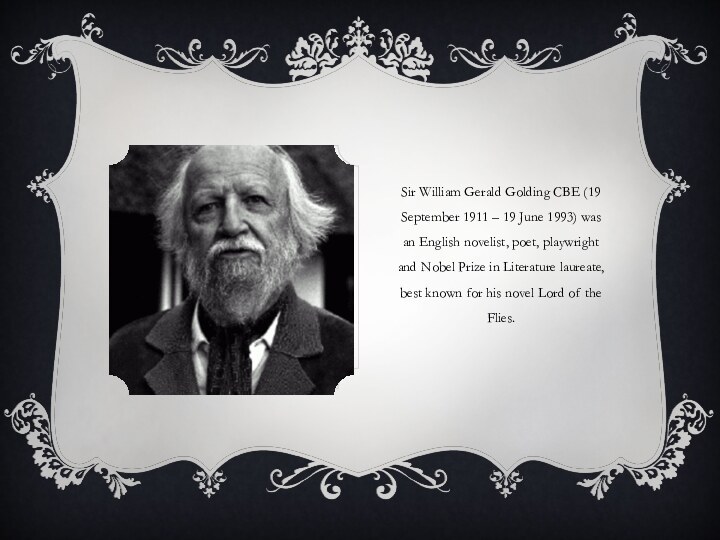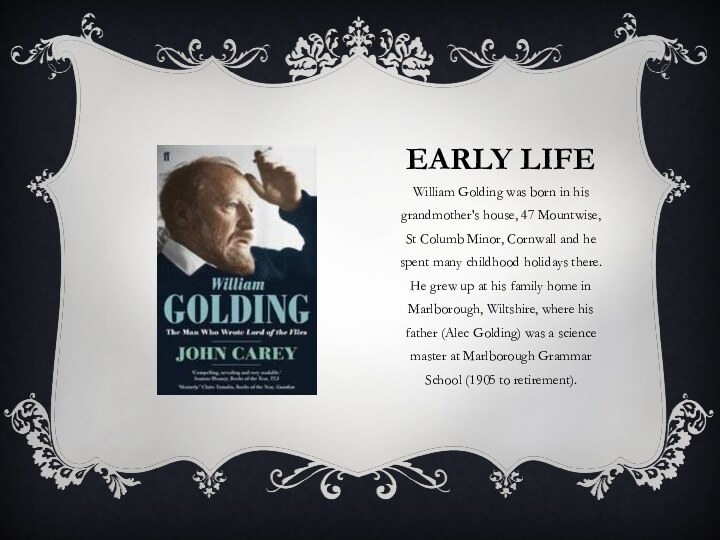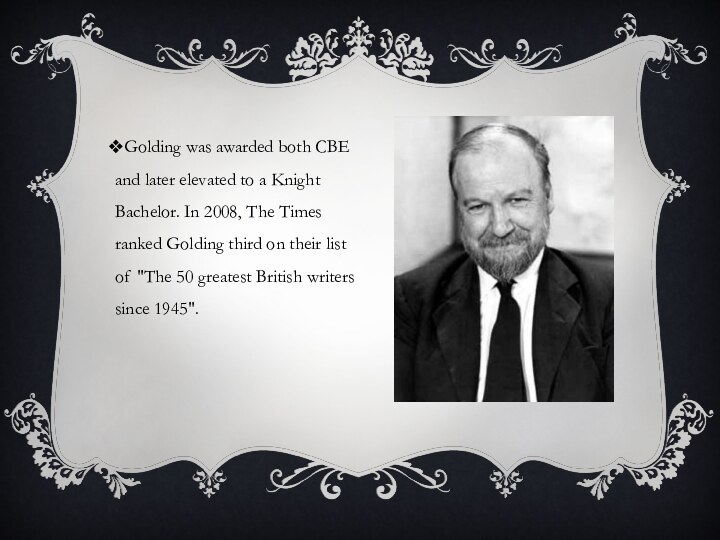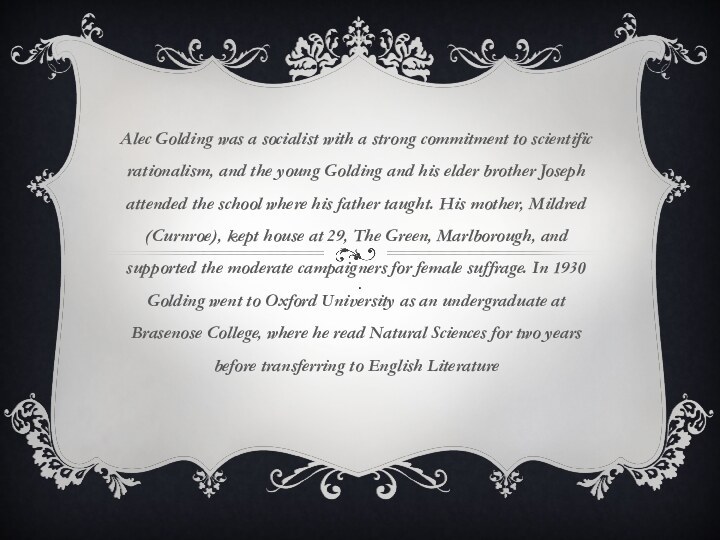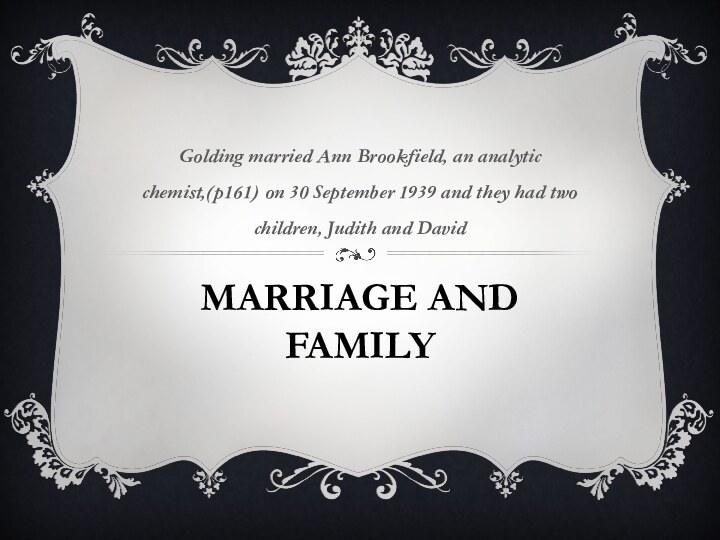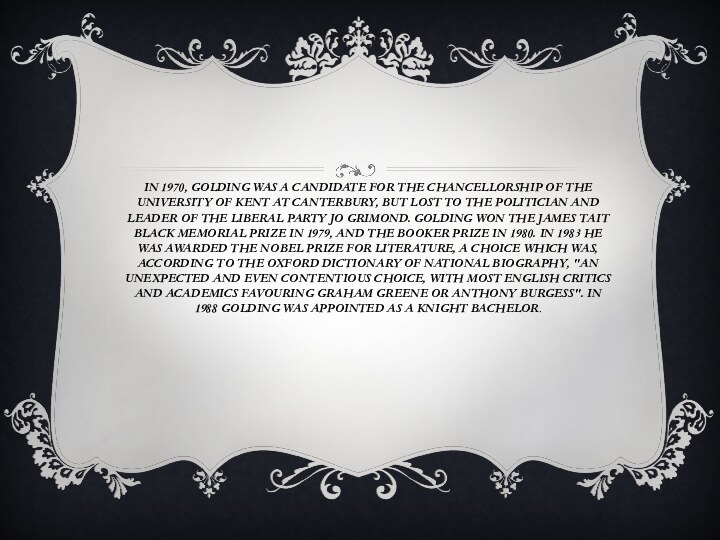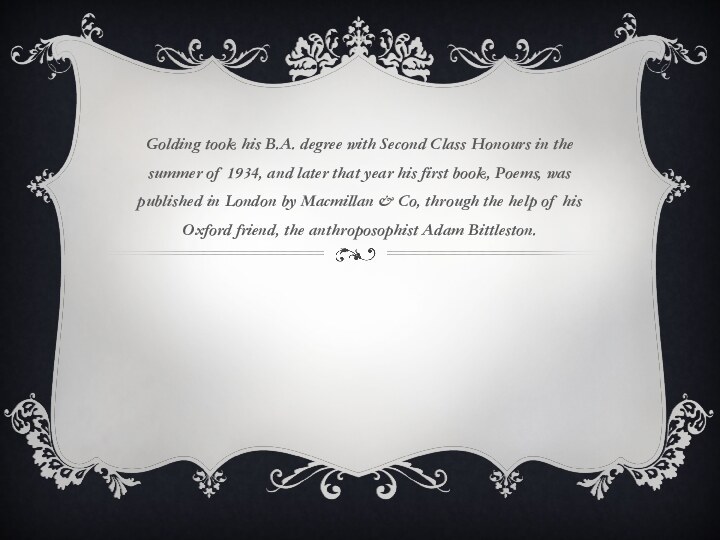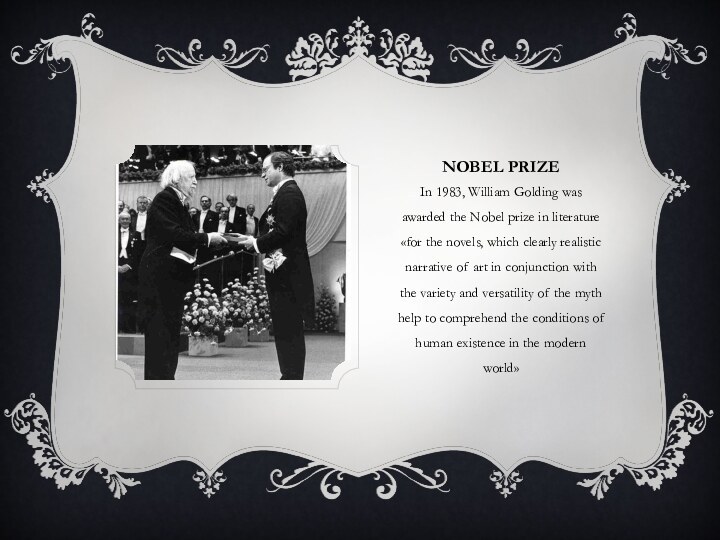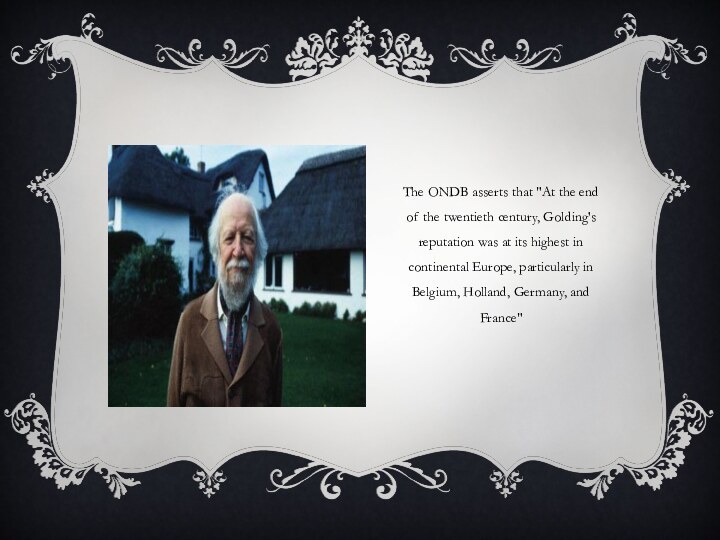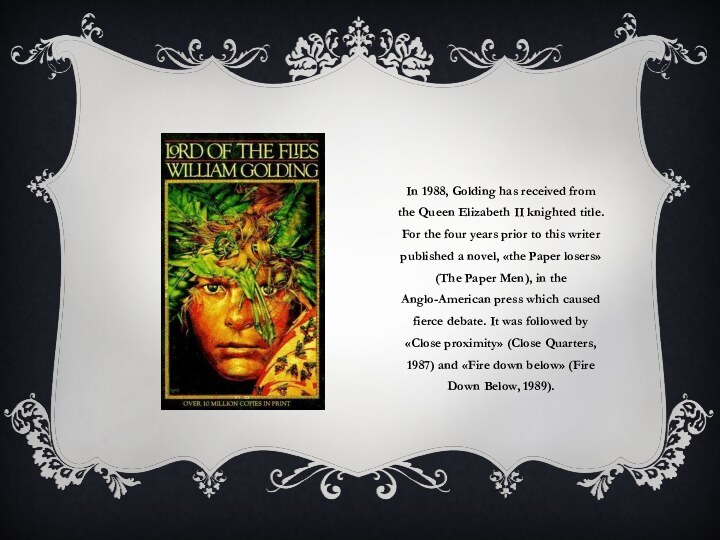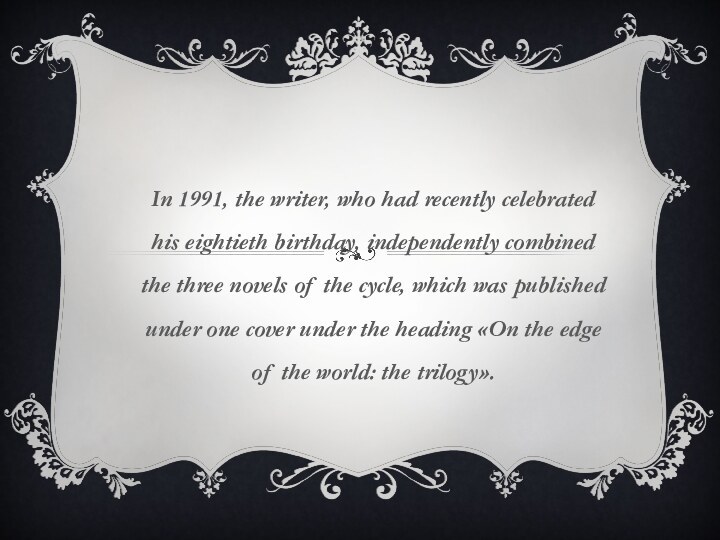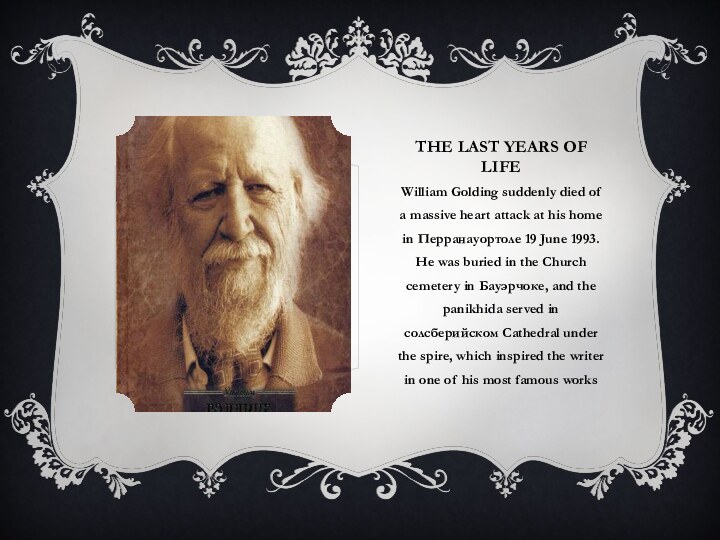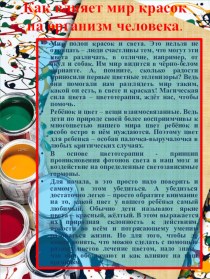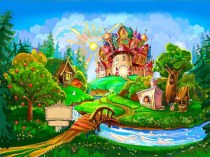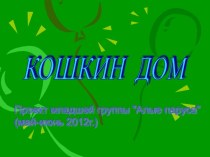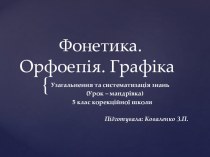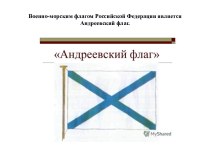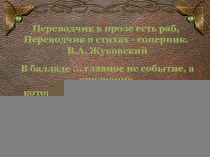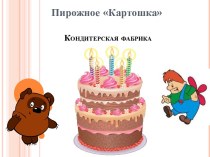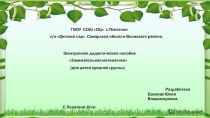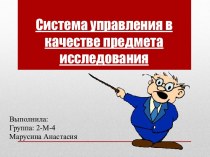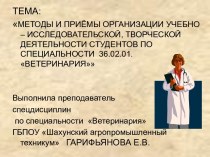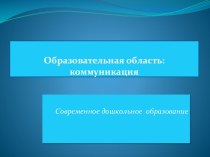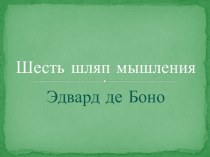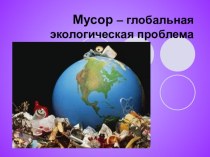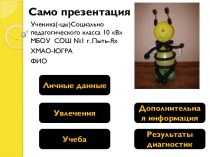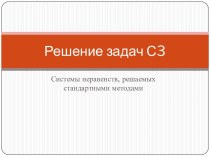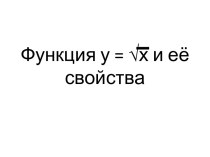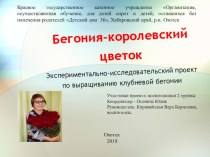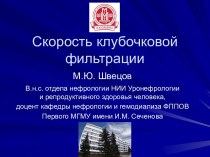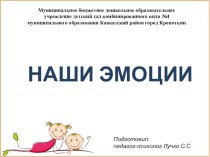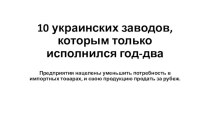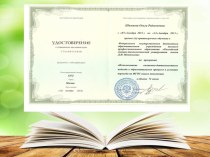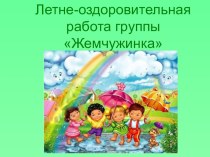Слайд 2
Sir William Gerald Golding CBE (19 September 1911
– 19 June 1993) was an English novelist, poet,
playwright and Nobel Prize in Literature laureate, best known for his novel Lord of the Flies.
Слайд 3
Early life
William Golding was born in his grandmother's
house, 47 Mountwise, St Columb Minor, Cornwall and he
spent many childhood holidays there. He grew up at his family home in Marlborough, Wiltshire, where his father (Alec Golding) was a science master at Marlborough Grammar School (1905 to retirement).
Слайд 4
Golding was awarded both CBE and later elevated
to a Knight Bachelor. In 2008, The Times ranked
Golding third on their list of "The 50 greatest British writers since 1945".
Слайд 5
.
Alec Golding was a socialist with a strong
commitment to scientific rationalism, and the young Golding and
his elder brother Joseph attended the school where his father taught. His mother, Mildred (Curnroe), kept house at 29, The Green, Marlborough, and supported the moderate campaigners for female suffrage. In 1930 Golding went to Oxford University as an undergraduate at Brasenose College, where he read Natural Sciences for two years before transferring to English Literature
Слайд 6
Marriage and family
Golding married Ann Brookfield, an analytic
chemist,(p161) on 30 September 1939 and they had two
children, Judith and David
Слайд 7
In 1970, Golding was a candidate for the
Chancellorship of the University of Kent at Canterbury, but
lost to the politician and leader of the Liberal Party Jo Grimond. Golding won the James Tait Black Memorial Prize in 1979, and the Booker Prize in 1980. In 1983 he was awarded the Nobel Prize for Literature, a choice which was, according to the Oxford Dictionary of National Biography, "an unexpected and even contentious choice, with most English critics and academics favouring Graham Greene or Anthony Burgess". In 1988 Golding was appointed as a Knight Bachelor.
Слайд 8
Golding took his B.A. degree with Second Class
Honours in the summer of 1934, and later that
year his first book, Poems, was published in London by Macmillan & Co, through the help of his Oxford friend, the anthroposophist Adam Bittleston.
Слайд 9
Nobel prize
In 1983, William Golding was awarded
the Nobel prize in literature «for the novels, which
clearly realistic narrative of art in conjunction with the variety and versatility of the myth help to comprehend the conditions of human existence in the modern world»
Слайд 10
The ONDB asserts that "At the end of
the twentieth century, Golding's reputation was at its highest
in continental Europe, particularly in Belgium, Holland, Germany, and France"
Слайд 11
In 1988, Golding has received from the Queen
Elizabeth II knighted title. For the four years prior
to this writer published a novel, «the Paper losers» (The Paper Men), in the Anglo-American press which caused fierce debate. It was followed by «Close proximity» (Close Quarters, 1987) and «Fire down below» (Fire Down Below, 1989).
Слайд 12
In 1991, the writer, who had recently celebrated
his eightieth birthday, independently combined the three novels of
the cycle, which was published under one cover under the heading «On the edge of the world: the trilogy».
